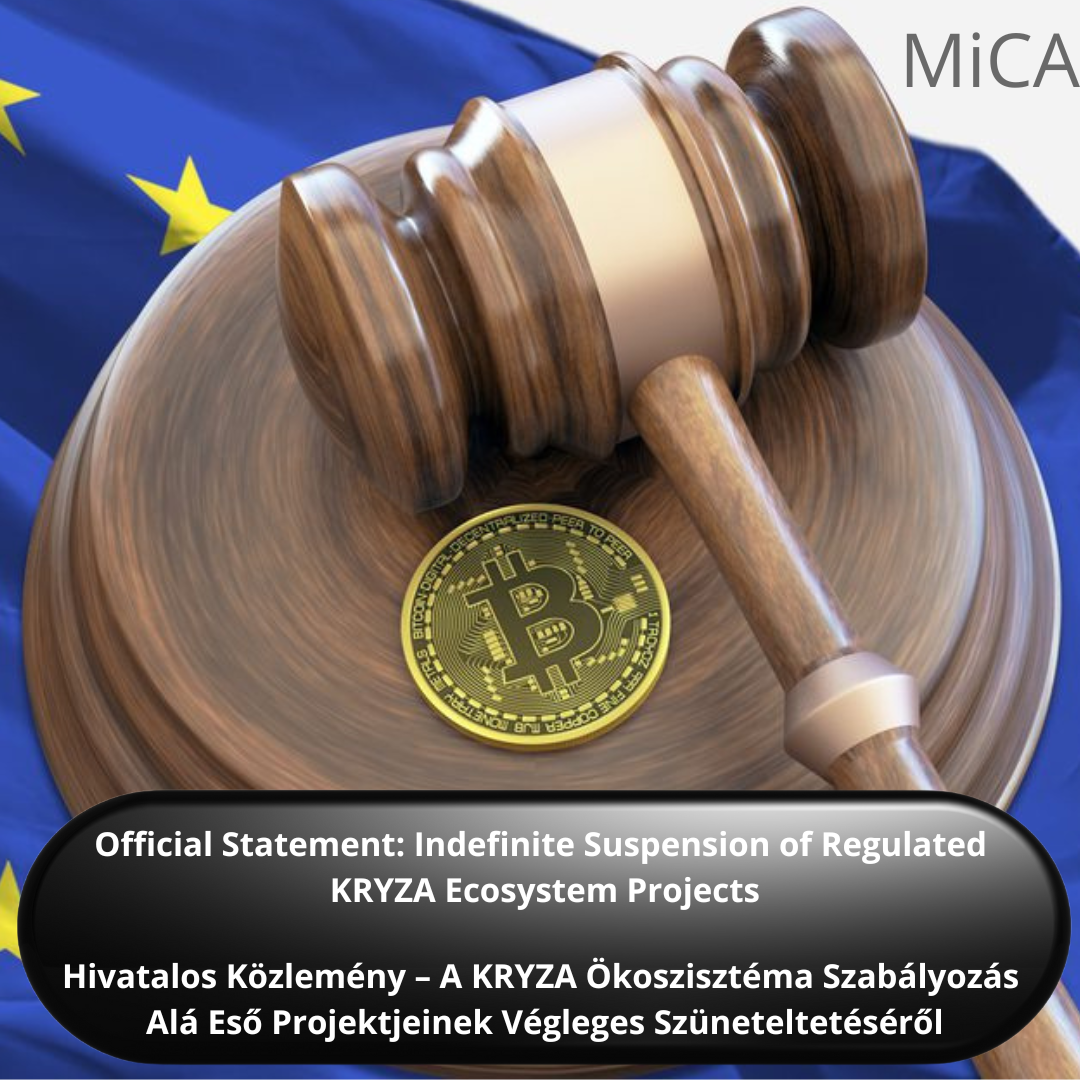In a significant move, the Nigerian government has officially demanded almost $10 billion (£8 billion) in compensation from the cryptocurrency giant Binance. The government accuses Binance of manipulating foreign exchange rates through currency speculation and rate-fixing, resulting in the devaluation of the naira by nearly 70% in recent months. Two Binance executives were arrested in Nigeria earlier this week. As of now, Binance has not responded to the BBC’s requests for comment.
Nigeria, known for having Africa’s largest economy and one of the world’s largest cryptocurrency markets, has been at the center of recent cryptocurrency-related developments. The Central Bank of Nigeria alleges that Binance Nigeria facilitated the movement of $26 billion worth of untraceable funds, contributing to the severe devaluation of the national currency.
“These allegations are weighty,” commented Tilewa Adebajo of CFG Advisory to the BBC. “That’s a huge sum – even more than the annual Nigeria diaspora remittances of $24 billion.”
“Cryptocurrency transactions equivalent to about 12% of Nigeria’s total income, or GDP, took place in the year to June 2023,” according to Reuters news agency.
Cryptocurrencies are not illegal in Nigeria, but companies must register to operate. A special adviser to Nigeria’s president revealed that Binance failed to comply with this requirement. The recent suspension of Binance and other cryptocurrency firms in Nigeria aims to halt the devaluation of the naira.
President Bola Tinubu, who assumed office last year, eliminated the policy of pegging the naira to the dollar. However, special adviser Bayo Onanuga emphasized that the recent collapse was not the result of normal market activity.
“All of a sudden the exchange rate went through the roof… and it was being caused by the people on Binance platform,” he told the BBC Newsday program. “The government could not just fold its hands and allow this thing to continue.”
Binance, one of the most popular cryptocurrency platforms in Nigeria, faces accusations beyond currency manipulation. The government claims that cryptocurrency is used for money laundering and funding terrorism. A recent report by the Nigerian Financial Intelligence Unit highlighted the anonymity and privacy inherent in the cryptocurrency system, drawing individuals with illicit intentions towards its use.
In an effort to stabilize the national currency, the naira, Nigeria’s central bank has taken measures such as closing thousands of bureaux de change. The naira’s current exchange rate is 1,595 naira to US$1, compared to about 460 a year ago. The devaluation has exacerbated the cost-of-living crisis, leading to protests against high food and commodity prices.







